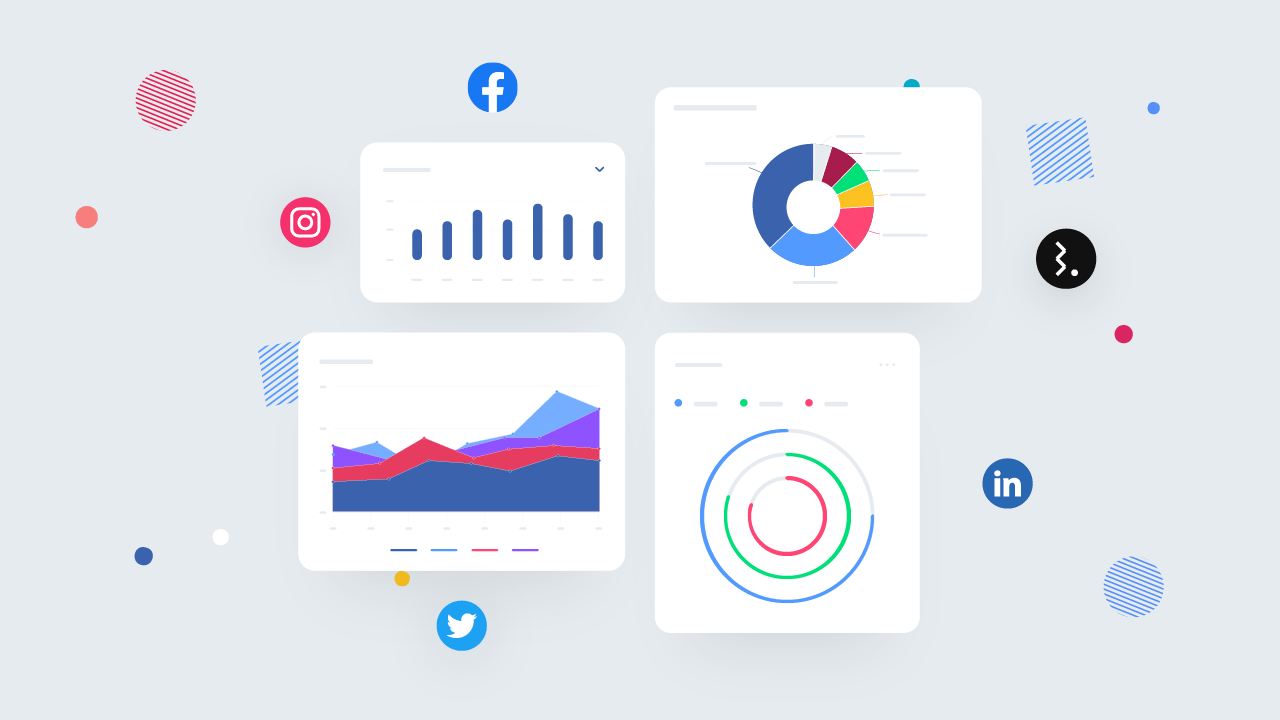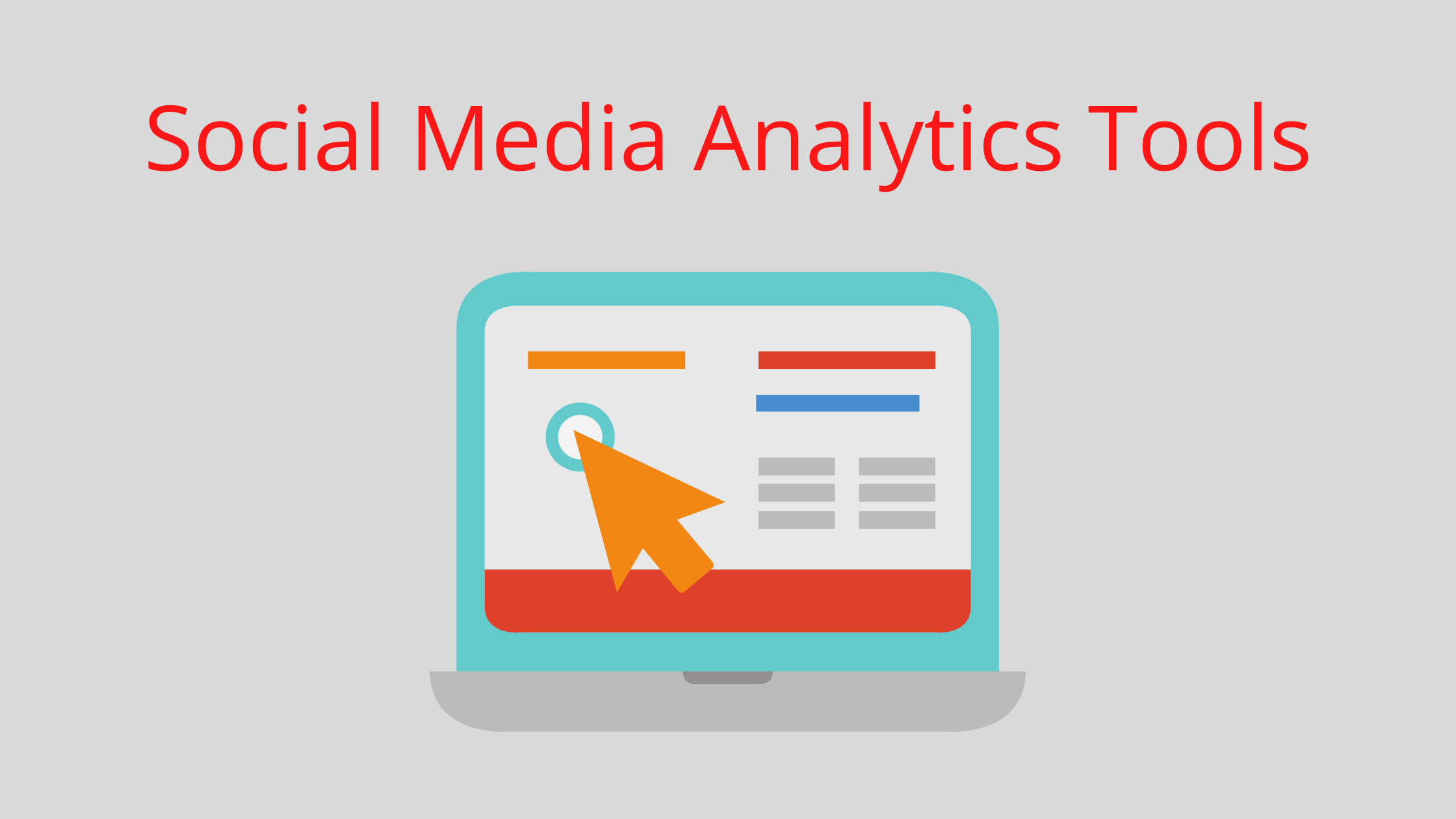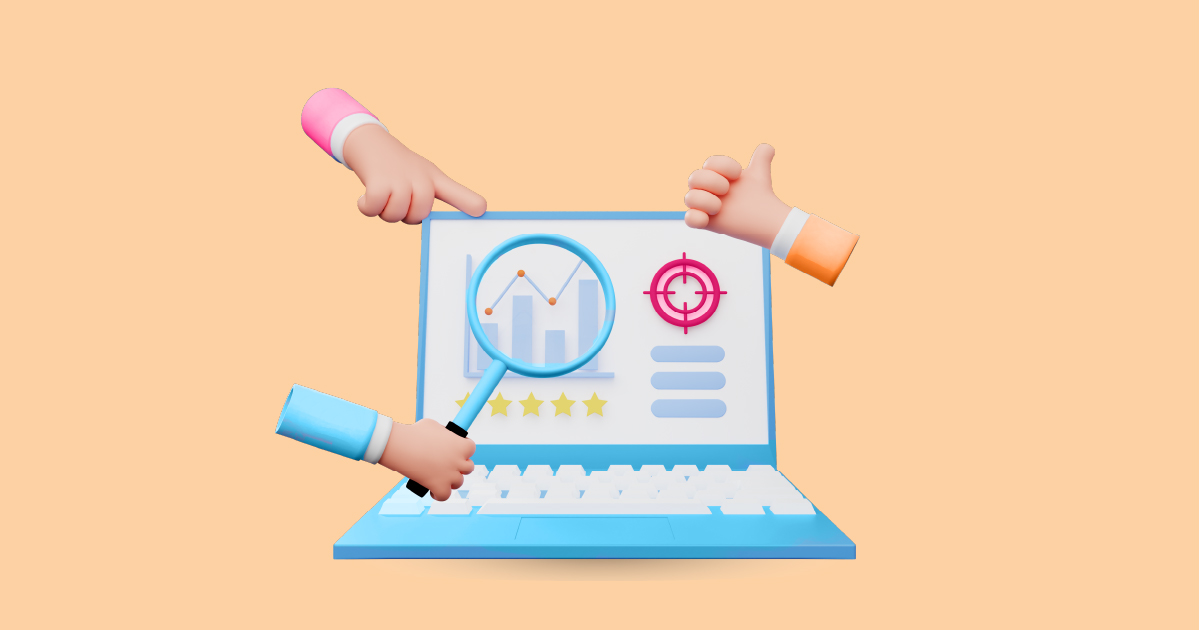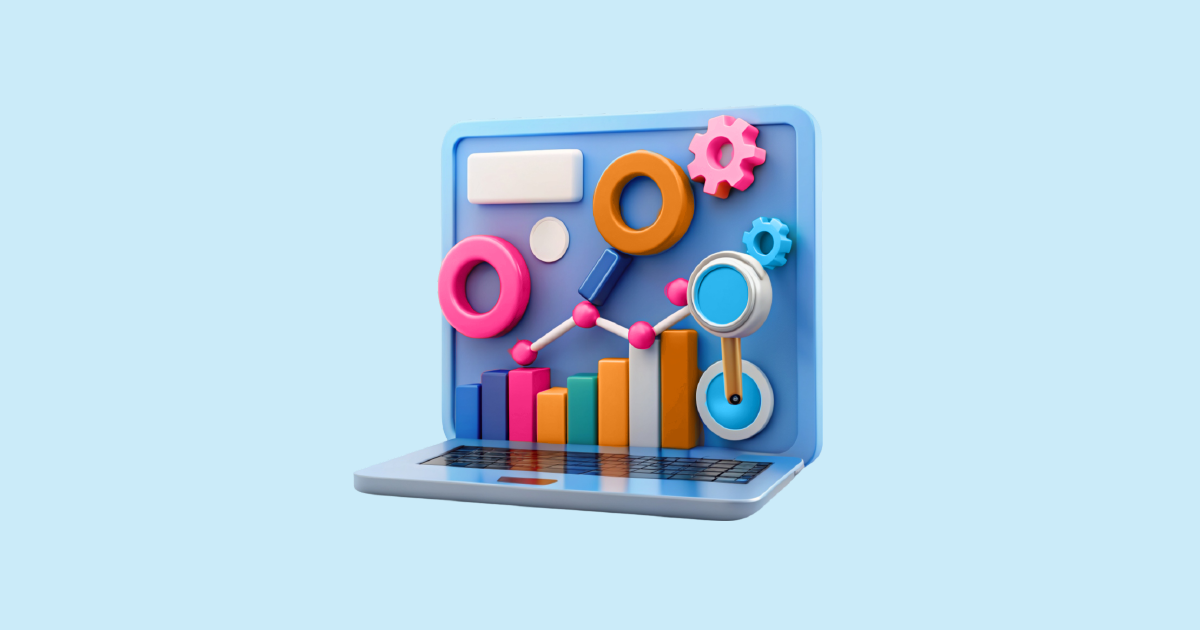Social media has become an indispensable part of modern business strategies. To navigate the dynamic digital landscape successfully, businesses need to harness the power of social media analytics and reporting tools. This article explores the significance of these tools, popular options, implementation strategies, and their impact on business growth.
Social Media Analytics and Reporting Tools: Enhancing Your Digital Presence

Understanding Social Media Analysis
Social media analytics involves the collection and analysis of data from various social media platforms to glean insights into audience behavior and content performance. By understanding this data, businesses can make informed decisions to optimize their social media presence.
Benefits of Social Analytics Tools
1. Improved Decision-Making
Social media analytics tools provide valuable insights into user behavior, helping businesses make data-driven decisions. By understanding what content resonates with the audience, companies can refine their strategies for better outcomes.
2. Enhanced Engagement Strategies
Understanding audience preferences allows businesses to tailor their content to meet specific needs. This customization leads to increased engagement, fostering a stronger connection between the brand and its audience.
3. Competitor Analysis
Social media analytics tools also facilitate the monitoring of competitors. By analyzing their performance metrics, businesses can identify opportunities for improvement and stay ahead in the competitive landscape.
Popular Social Media Analytics and Reporting Tools
1. Google Analytics
A versatile tool that provides a comprehensive overview of website and social media performance.
2. Facebook Insights
Designed for businesses using Facebook, it offers detailed analytics on-page activity, audience demographics, and content engagement.
3. Instagram Insights
Specifically tailored for Instagram, this tool provides valuable data on post reach, interactions, and follower demographics.
4. Twitter Analytics
Twitter’s native analytics tool offers insights into tweet performance, audience growth, and engagement.
5. Hootsuite Analytics
An all-in-one social media management platform with robust analytics features for tracking performance across multiple platforms.
Choosing the Right Tool for Your Business
1. Consideration Factors
When selecting a social media analytics tool, consider factors such as the size of your audience, the platforms you use, and the level of customization required.
2. Customization Options
Look for tools that allow customization to align with your unique business goals. The ability to tailor reports and dashboards enhances the tool’s effectiveness.
Setting Up Social Media Analytics Tools
Implementing social media analytics tools involves a step-by-step process. Begin by connecting your social media accounts, defining key performance indicators (KPIs), and customizing tracking settings.
Interpreting Analytics Data
Analyzing social media analytics data goes beyond tracking numbers. It involves understanding your audience’s demographics, preferences, and behavior.
Analyzing Audience Demographics
Identify the age, gender, location, and interests of your audience. This information helps tailor content to meet their specific needs.
Identifying High-Performing Content
Dive into the data to identify which posts resonate the most with your audience. Analyze factors such as likes, shares, and comments to gauge content effectiveness.
Measuring ROI with Analytics
1. Linking Analytics to Business Goals
Social media ROI is determined by how well your social media efforts align with your business objectives. Establish clear goals and measure performance against them.
2. Calculating Social Media ROI
Use metrics like conversion rates, customer acquisition cost, and customer lifetime value to calculate the return on investment for your social media campaigns.
Future Trends
1. Emerging Technologies
Stay ahead of the curve by exploring emerging technologies in social media analytics, such as artificial intelligence and machine learning.
2. Future Predictions
Predictions for the future of social media analytics, including advancements in real-time analytics and predictive analytics capabilities.
Common Mistakes
1. Overlooking Specific Metrics
Avoid the common pitfall of focusing solely on vanity metrics. Dive deeper into metrics that align with your business goals.
2. Misinterpreting Data
Ensure accurate interpretation of data to avoid making decisions based on flawed insights.
Tips for Effective Reporting
1. Creating Comprehensive Reports
Craft reports that provide a holistic view of your social media performance, including both quantitative and qualitative data.
2. Visualizing Data
Enhance understanding by using visual elements such as charts and graphs in your reports.
3. Integration with Marketing Strategies
Align your social media analytics with your broader marketing efforts to ensure a cohesive and effective overall strategy.
Challenges
1. Privacy Concerns
Address concerns related to data privacy by implementing secure analytics practices.
2. Data Accuracy Issues
Mitigate challenges related to data accuracy by regularly auditing and validating your analytics setup.
Conclusion
In conclusion, social media analytics and reporting tools play a pivotal role in shaping a successful digital marketing strategy. By understanding and leveraging the insights provided by these tools, businesses can optimize their social media presence, engage effectively with their audience, and stay competitive in the ever-evolving digital landscape.
Ready to take your social media analytics to the next level? Request a demo from AIM Technologies and explore how our cutting-edge solutions can elevate your digital presence.
FAQs
What social media analytics tool is best for small businesses?
- The choice depends on the specific needs of the business, but tools like AIM Insights and Facebook Insights are user-friendly and offer valuable insights.
How often should I review my social media analytics?
- Regular reviews are essential; a monthly analysis allows you to track trends and make timely adjustments to your strategy.
Can social media analytics help with content creation?
- Absolutely. Analytics data provides insights into what type of content resonates with your audience, informing your content creation strategy.
Are there free social media analytics tools available?
- Yes, many platforms offer free analytics tools, such as Google Analytics and native analytics features on social media platforms.
What’s the future of social media analytics?
- The future involves advancements in real-time analytics, AI-driven insights, and more sophisticated predictive analytics capabilities.




